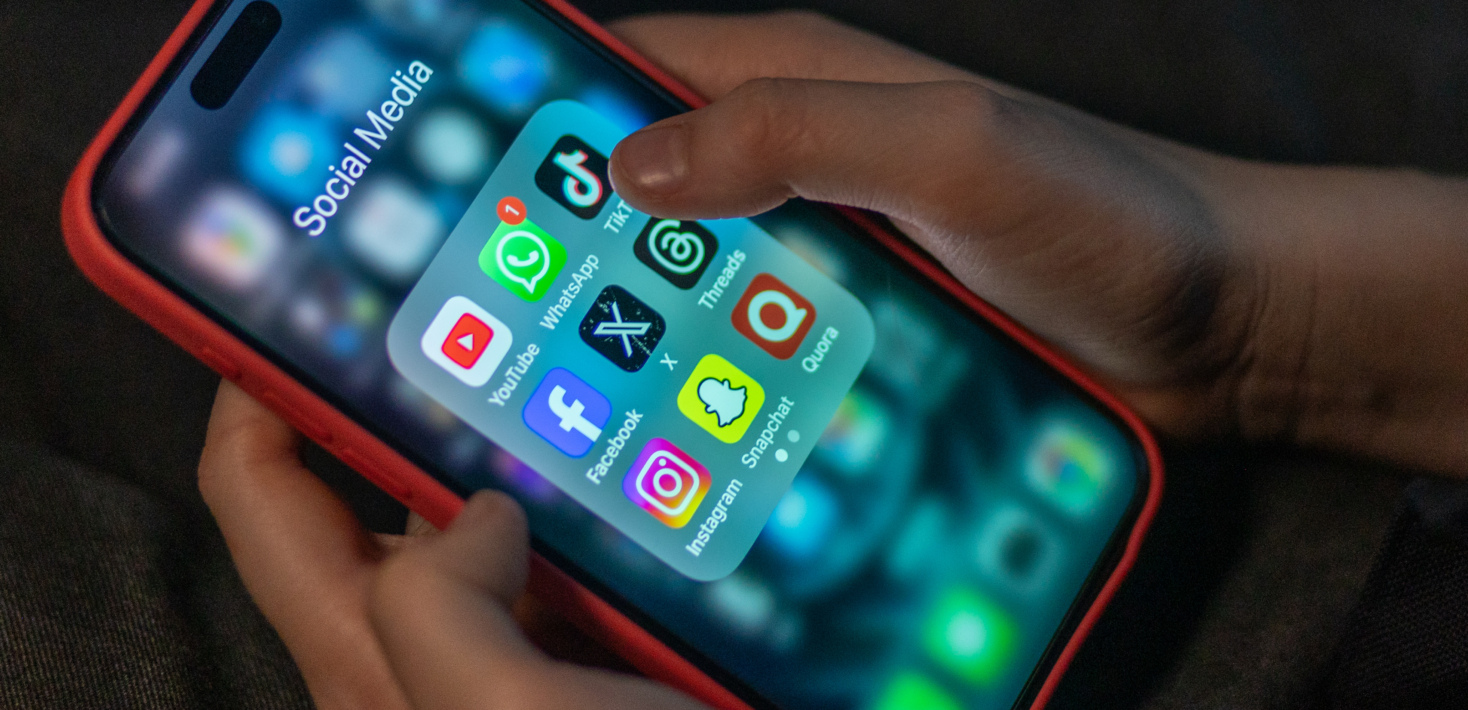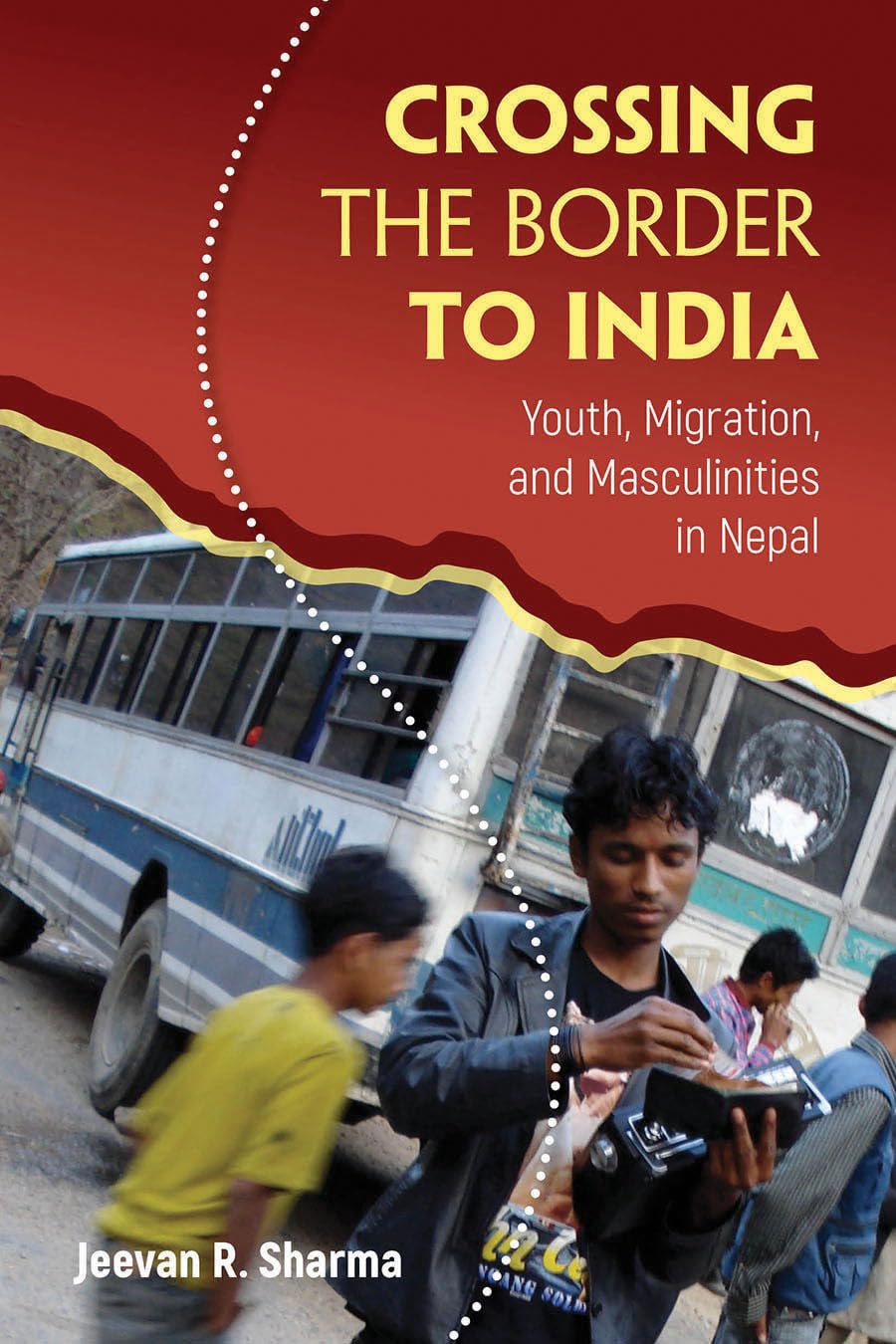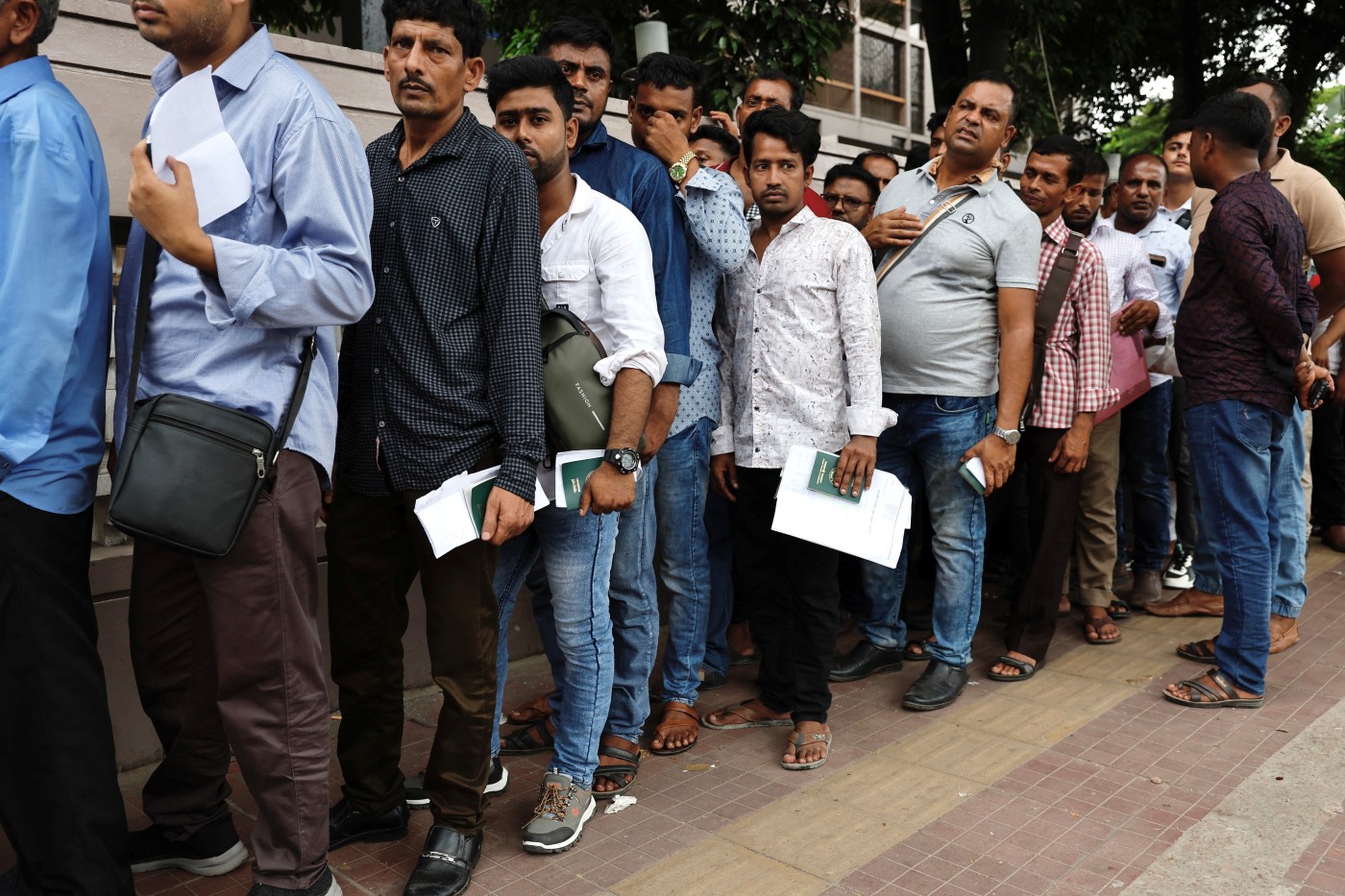Australia Passes Controversial Law Banning Under-16s from Social Media

London — Australia’s parliament has passed a landmark law aiming to ban children under 16 from using social media platforms, sparking widespread debate. The legislation, driven by concerns over the mental health impacts of social media on young Australians, was passed by the Senate on Thursday with a 34-19 vote.
Prime Minister Anthony Albanese cited a “clear, causal link” between social media and youth mental health challenges. The Online Safety Amendment (Social Media Minimum Age) Bill will fine companies up to AU$50 million (US$32 million) if they fail to enforce the ban. However, the law lacks specifics on implementation, leaving enforcement details to be finalized through trials of age-assurance technology by mid-2025.
Platforms such as Snapchat, TikTok, Instagram, and Facebook are likely targets of the ban, while YouTube is exempt due to its educational value. Critics argue the rushed bill could backfire, driving teens to unsafe online spaces or increasing isolation. Concerns about personal data collection have also been raised. Elon Musk criticized the law as a “backdoor way to control access to the internet.”
Public sentiment appears divided. A recent YouGov survey showed 77% of Australians support the ban, an increase from 61% in August. However, opposition remains strong among experts and advocacy groups. Amnesty International warned the bill could isolate young people, while 140 experts signed an open letter calling the measure a “blunt instrument” that could exacerbate risks for children.
Critics like Christopher Stone of Suicide Prevention Australia have urged the government to consult further before implementing the law. Independent MP Andrew Wilkie, initially supportive, has reversed his stance, emphasizing the absence of young voices in the debate.
The legislation, set to take effect in 12 months, highlights the global challenge of balancing online safety with youth rights and access.



















Facebook Comments